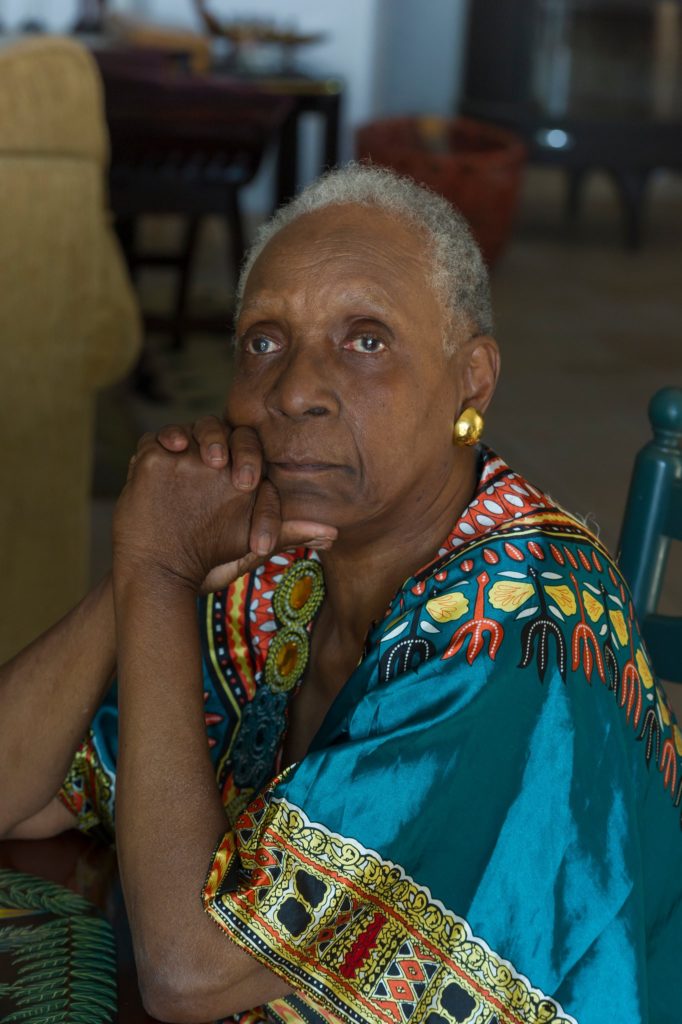
Maryse Conde, the French-Guadeloupean author of I, Tituba: Black Witch of Salem (1986), Segu (1987), A Season in Rihata (1988), and Tree of Life (1992) among other books, won the Alternative to the Nobel Prize in Literature. The New Academy Prize, which was established this year because of a scandal in the Nobel Prize-awarding Swedish Academy, was awarded as “A reminder that literature should be associated with democracy, openness, empathy, and respect. In a time when human values are increasingly being called into question, literature becomes the counterforce of oppression and a code of silence.”
The question of literary prizes has been in the public domain for decades, but critics are still divided on whether the prizes have an impact on African literary production. Some believe literary prizes should have no place in the craft of writing while others believe that prizes are fundamentally significant in promoting a writer’s work because they draw attention to new works or regenerate interest in old books that merit recognition. Major awards such as the Nobel Prize for Literature and the Man Booker Prize are usually treated with great fanfare and have become part of literary calendars around the world. Receiving any of the awards is akin to getting a stamp of approval that identifies one as having achieved excellence in writing.
Unfortunately, fewer African writers have managed to receive these prizes. Since its inception in 1901, the Nobel Prize for Literature has awarded only six prizes to African writers—and this list includes Doris Lessing and Albert Camus who may be affiliated to other nationalities. Many have criticized this Prize for its eurocentrism tendencies that ignore literature from the continent.
So then, is the problem with the institutions that award the prizes or the very idea of awarding and receiving awards? Should writers accept honoraria of any sort? Jean-Paul Sartre rejected the 1964 Nobel Prize for Literature because he did not want to be institutionalized as a writer. In an essay published in The New York Review of Books, he argues:
A writer who adopts political, social, or literary positions must act only with the means that are his own—that is, the written word. All the honors he may receive expose his readers to a pressure I do not consider desirable. If I sign myself Jean-Paul Sartre it is not the same thing as if I sign myself Jean-Paul Sartre, Nobel Prize winner. The writer who accepts an honor of this kind involves as well as himself the association or institution which has honored him . . . The writer must, therefore, refuse to let himself be transformed into an institution, even if this occurs under the most honorable circumstances.
It appears then that individual writers approach the issue of literary prizes differently and it would be unreasonable for critics to impose their views on writers. In my view, writers should be allowed to decide on what honoraria they can or cannot accept or keep.









COMMENTS -
Reader Interactions